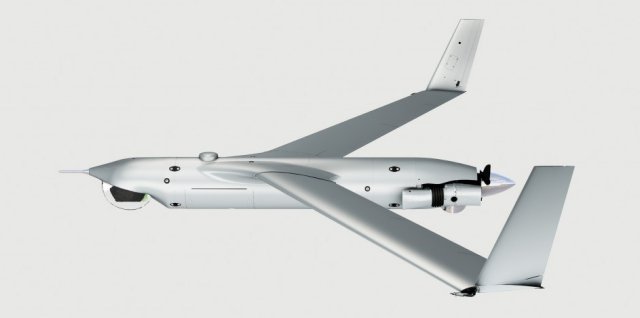 Santos Lab, a Rio de Janeiro-based start-up company, has signed a partnership agreement with Boeing subsidiary Insitu, and has unveiled two new unmanned aircraft systems.
Santos Lab, a Rio de Janeiro-based start-up company, has signed a partnership agreement with Boeing subsidiary Insitu, and has unveiled two new unmanned aircraft systems.
Santos Lab was originally opened as an entrepreneurial effort by two Brazilian engineers, and has grown over the last five years to field a micro-UAS with the country’s Marine Corps performing a peace-keeping mission in Haiti.
That background attracted interest from Insitu, which also began as a start-up, with three founding engineers in Bingen, Oregon.
Brazil has passed a new defence law that provides significant tax incentives to military contractors in which at least 60% of the ownership is controlled by Brazilians.
Insitu has now formally partnered with Santos Lab to introduce the Scan Eagle and Integrator UAS in the Brazilian market.
Santos Lab will begin testing within the next three months on a hydrogen fuel-cell-powered version of the Carcará UAS. It has also started flight tests of the Orbis vertical take-off and landing UAS, says Gabriel Klabin, a director at the company.
The former work is designed to boost the range of the 3.8m (12.5ft)-wingspan Caracrá to 54nm (100km), or to extend endurance to 16h, he says. The new version can also be flown with lithium polymer batteries instead of the hydrogen fuel cell, but that power source limits operations to 5h.
The Orbis UAS features a ducted quad-rotor that takes off and lands vertically and tilts forward to enter horizontal flight. It is designed to fly up to 30min in vertical mode and 1h in horizontal mode at a cruise speed of of 21.6kt (40km/h).
Source: Flight Global
